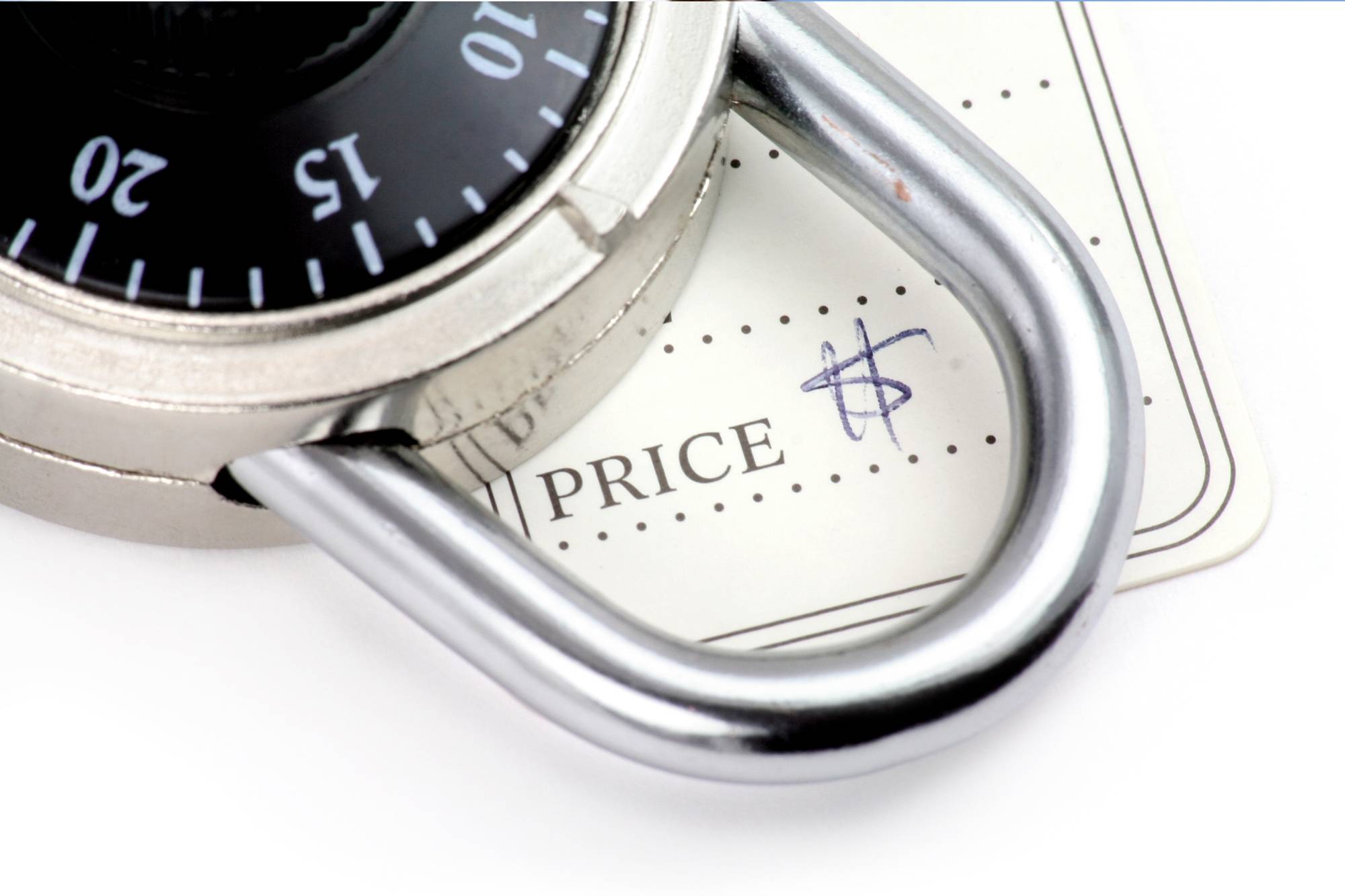Investing in property is a long-standing strategy for wealth building, and it can also offer unique benefits when it comes to managing risks associated with currency fluctuations.
In particular, owning property in Australia can act as a hedge against the volatility of foreign exchange markets. This article explores how owning Australian real estate can help safeguard investors from currency fluctuations while providing attractive returns.
Let’s Get Straight to the Point
Owning Australian property can act as a hedge against currency fluctuations by offering protection against AUD volatility, inflation, and foreign exchange risks. Real estate is a tangible asset that tends to appreciate over time, offsetting currency depreciation.
Rental income in AUD provides stability, and property values are primarily influenced by local economic factors rather than global currency movements. Australian real estate investment diversifies portfolios, reduces transaction risks by avoiding frequent currency conversions, and benefits from the country’s long-term economic growth.
1. Natural Hedge Against AUD Movements
When people think about currency fluctuations, they often focus on the immediate impacts of currency exchanges. However, owning Australian property can be a natural hedge against the Australian Dollar (AUD) movement.
Property As A Real Asset
Real estate is considered a real asset, meaning its value is based on physical properties rather than currency. When the AUD falls in value, tangible assets like property cost rises.
This happens because property prices are often in AUD. When the local currency depreciates, property becomes more expensive for foreign investors. This increase in property values can offset losses from a weakened AUD.
For example, suppose the Australian Dollar loses value against a foreign currency. In that case, international investors holding Australian property may see a boost in their portfolio’s value as it appreciates their local currency.
Inflation Protection
One of the most significant effects of a depreciating AUD is inflation. As the Australian Dollar weakens, the cost of imported goods and services rises, which can lead to inflation. However, real estate tends to be a good hedge against inflation because property values and rents usually match inflation.
In a climate of high inflation, property investors are likely to see their investments increase in value, thus protecting their wealth. Australian real estate can be a powerful tool for investors looking to shield their portfolios from inflation and currency depreciation.
2. Economic Alignment
Owning Australian property offers more than just a hedge against currency volatility. It also aligns with the local economic conditions, making it a reliable investment option.
Local Currency Income
One key advantage of owning property in Australia is that rental income is earned in AUD. This local income stream offers a buffer against currency fluctuations because it’s aligned with the Australian economy.
When the AUD is strong, foreign investors benefit from favourable exchange rates when returning their rental income to their home currency. On the other hand, if the AUD weakens, investors will still benefit from the income generated in AUD, which will be less affected by changes in the foreign exchange market.
Market Dynamics
Australian property values are primarily influenced by local economic factors such as population growth, interest rates, and employment trends.
These factors are typically independent of foreign exchange rates, so property values in Australia are less likely to be directly impacted by global currency movements.
This makes Australian property a reliable asset that reflects the country’s economic health rather than external fluctuations.
Buffer Against Currency Volatility
Because the value of Australian property is driven more by domestic conditions than by currency changes, it provides insulation against volatility in the foreign exchange market.
In periods of currency instability, the strength of Australia’s local economy and property market helps maintain the attractiveness and value of Australian real estate investments.
3. Diversification Benefits
A diverse portfolio is a key strategy for managing investment risk. Owning property in different countries, including Australia, can be an effective way to diversify currency risk.
Portfolio Balance
Investing in Australian property can help balance a global real estate portfolio, particularly for investors holding multiple currencies. By investing in AUD, a foreign investor can reduce the risk of overly exposing their portfolio to fluctuations in any single currency.
Different forces influence real estate markets more than currency markets. For example, global stock markets may decline due to currency depreciation, but the real estate market could remain stable or benefit from it.
By holding assets in real estate and foreign currencies, investors can offset potential losses from one area with gains from another, helping stabilise their portfolios.
Offsetting Currency Movements
Currency changes may impact the value of overseas investments; however, losses from unfavourable currency movements may be balanced by increases in Australian property values.
When the AUD depreciates, international investors can see the value of their Australian properties increase, even though their home currency has weakened. This offsetting dynamic helps to reduce the potential negative impact of currency fluctuations on a broader investment strategy.
4. Long-Term Stability
One of the most appealing aspects of real estate is its long-term stability. Unlike stocks and bonds, property is a tangible asset that appreciates over time, providing a safe harbour for investors during currency volatility.
Real Asset Appreciation
Real estate tends to appreciate over the long term, especially in markets with strong demand and limited supply. Australian real estate, in particular, has a history of consistent growth driven by population increases and urbanisation.
Over time, the value of Australian property can outpace the depreciation of the AUD, offering investors a way to preserve and increase their wealth. Even if the currency fluctuates, the long-term capital appreciation of real estate can provide a solid foundation for financial growth.
Economic Growth Correlation
Australia’s strong economic growth also contributes to the stability of the property market. With a high GDP growth rate, particularly in cities like Sydney and Melbourne, property values have been shown to appreciate faster than the rate of currency depreciation.
As the economy grows, so do property prices, which means that any negative impact from currency movements is often outweighed by the continued demand for housing and commercial property.
5. Reduced Transaction Risk
When investing internationally, one of the primary risks investors face is converting currencies for each transaction.
Frequent conversions can be costly, especially during times of volatile exchange rates. However, owning property in Australia eliminates this need.
Avoiding Frequent Conversions
By owning Australian real estate, foreign investors can avoid the need for constant currency conversions when purchasing property, paying rent, or selling assets.
This significantly reduces the risk of losses due to fluctuating exchange rates and transaction fees. Investors can also choose to hold their assets in AUD, which offers greater flexibility in managing currency risk.
Owning Australian property can be an effective strategy for hedging against currency fluctuations. Real estate is a natural hedge against AUD movements, offers protection against inflation, aligns with local economic conditions, and provides diversification benefits.
Additionally, long-term property appreciation and reduced transaction risks make Australian real estate a strong choice for investors looking to manage currency volatility. By adding Australian property to their portfolios, investors can mitigate the impact of currency fluctuations while benefiting from the stability and growth of the local real estate market.



